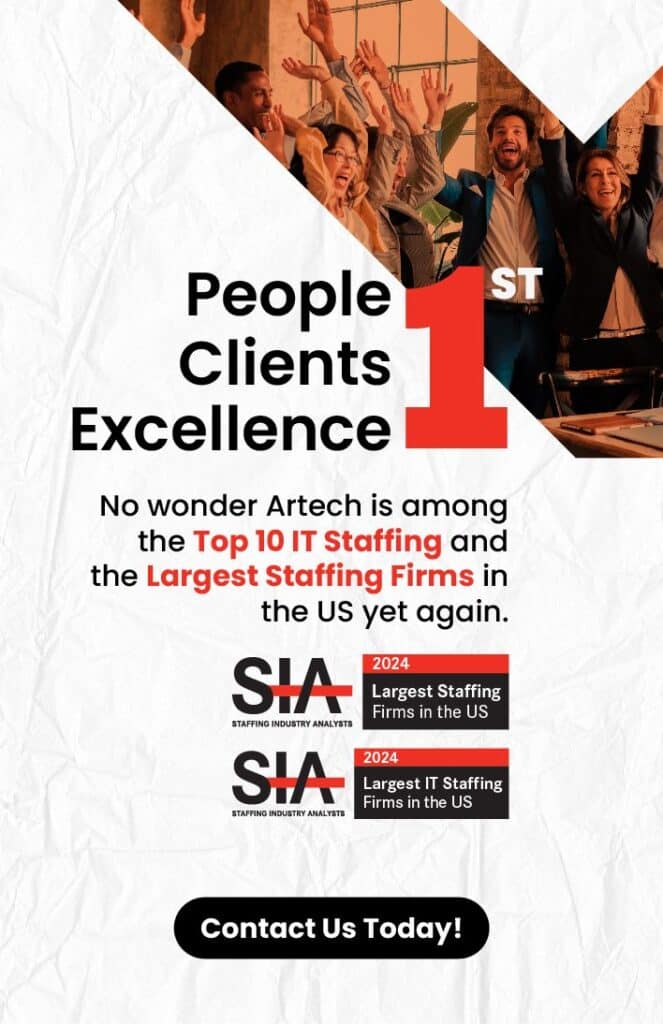
Introduction
Your cover letter is your opportunity to make a strong first impression on potential employers. It’s not just about what you say; it’s also about how you say it. In this article, we’ll explore the essential aspects of crafting a well-structured and impactful cover letter. Mastering the format of your cover letter can significantly increase your chances of standing out in the competitive job market.
The Importance of a Well-Formatted Cover Letter
A well-structured cover letter is more than just a formal requirement. It serves as a crucial tool for job seekers because it:
Sets the Stage
Your cover letter is the opening act of your job application. A well-formatted one creates a positive initial impression.
Highlights Your Qualifications
This document allows you to emphasize your skills and qualifications that align with the job requirements.
Demonstrates Professionalism
A well-organized cover letter exhibits your professionalism and attention to detail.
Makes You Stand Out
In a sea of applications, an effectively formatted cover letter can set you apart and leave a memorable impression.
Crafting the Perfect Cover Letter Format
Follow these guidelines to create a Cover Letter Format that impresses employers:
Contact Information
Include your contact information at the top of the letter. This should include your name, address, phone number, and email address.
Employer’s Information
Below your contact details, add the employer’s name, title, company name, and company address. If you don’t have the specific name of the hiring manager, use a generic greeting.
Date
Insert the date on the right side of the page, following the employer’s information.
Salutation
Begin your letter with a formal salutation, addressing the hiring manager or the relevant department.
Introduction
Start with a compelling opening paragraph. Mention the specific job you’re applying for and briefly explain why you are interested in the position.
Body
The body of your cover letter should be well-structured. Use paragraphs to discuss your qualifications, skills, and relevant experiences. Tailor the content to match the job requirements.
Conclusion
In the closing paragraph, summarize your enthusiasm for the role and express your interest in an interview. Invite the employer to contact you.
Signature
Sign your cover letter if you’re sending a physical copy. If you’re submitting it electronically, a typed name will suffice.
Additional Tips for an Effective Format
To make your cover letter even more impactful, consider the following:
- Keep it Concise
A cover letter should not exceed one page. Be concise and focus on the most relevant qualifications and experiences.
- Use Professional Language
Maintain a professional and formal tone throughout the letter.
- Match the Font
Use a font that matches your Resume for consistency. Standard choices include Times New Roman, Arial, or Calibri.
- Proofread
Proofread your cover letter carefully to eliminate spelling and grammatical errors. Errors can create a negative impression. - Customize for Each Job
Tailor your cover letter for each job application, highlighting qualifications that align with the specific job requirements.
Conclusion
Cover Letter Format is just as important as its content. A well-structured cover letter sets the stage for your job application, highlights your qualifications, and demonstrates your professionalism. By mastering the format and following the guidelines provided in this article, you can create a cover letter that makes you stand out in the job market.
FAQs
- How should I address the hiring manager if I don’t know their name?
If you don’t have the specific name of the hiring manager, you can use a generic greeting such as “Dear Hiring Manager” or “To Whom It May Concern.” However, it’s best to try and find the hiring manager’s name, which shows initiative and personalization. - Should I include my cover letter as an attachment or in the body of the email when applying online?
If you’re applying online, it’s common to include your cover letter as both an attachment and in the body of the email. This ensures that the hiring manager can access your cover letter in the format they prefer. - What should I do if I have no work experience to include in my cover letter?
If you have limited work experience, focus on your education, volunteer work, internships, or relevant coursework. Emphasize transferable skills and your enthusiasm for the role. - Is it acceptable to use a cover letter template?
Using a cover letter template can be a helpful starting point but be sure to customize it for each job application. Templates can save time but should be tailored to match the specific job and company you’re applying to. - How can I make my cover letter stand out from the competition?
To make your cover letter stand out, focus on showcasing your unique qualifications and experiences that align with the job requirements. Personalize your letter for each application and be sure to convey genuine enthusiasm for the position.
This content is crafted with care by Artech Staff Authors. While it reflects our commitment to quality and accuracy, please note that it is not authored by industry experts. We aim to offer valuable and engaging information, and for more specialized or technical advice, we recommend consulting with professionals in the relevant field. If you have any concerns or require further assistance, please contact us at support@artech.com. Thank you for trusting Artech as your source of informative content.








